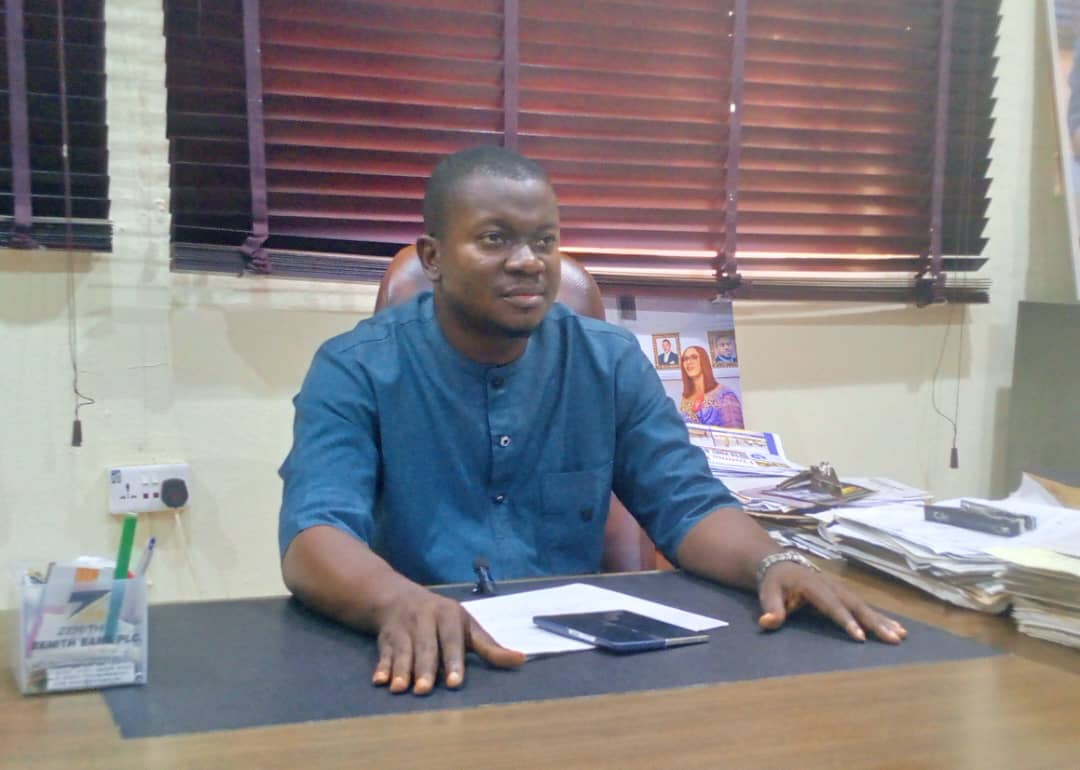As Nigeria’s rising inflation bites harder, pushing more people into poverty following the increase in the cost of living, President Bola Tinubu seems to have no answer to resolving the crisis
This is as headline inflation increased 24 times in two years to 27.33 per cent in October, propelled by food inflation, which soared to 31.52 per cent in October 2023 from 30.64 per cent in September 2023.
Food items, accommodation, clothing, electricity, education fees and other prices have all hit rooftop.
The Central Bank of Nigeria, CBN, quickly insisted that its recent monetary policy has started yielding results despite not holding the Monetary Policy Committee’s meeting since September.
According to the World Bank, in the five months of 2023, accelerating inflation pushed four million Nigerians into poverty.
The Washington-based development bank’s data came months after the multidimensional poverty index released in November last year said 133 million people in Nigeria live below the poverty line.
But upon the emergence of President Tinubu, he vowed to take Nigeria’s economy out of the woods with his renewed hope mantra, but months down the line, Nigerians are yet to have the feel-good factor.
Since June this year, the fuel subsidy removal and foreign market liberalisation have negatively impacted the nation’s economy.
Though the government said that after subsidy removal, its revenue jumped from an average of N650 million monthly to over N1 trillion in the last four months, the impact on the well-being of Nigerians is yet to be felt.
However, Nigeria is not all gloomy as the government continues to ‘take baby steps’ towards solving its economic problems.
The government said it targets increasing the country’s minimum wage from N30,000 monthly to N65,000.
Also, it promised Nigerians to roll out 11,000 Compressed Natural Gas buses to reduce transportation costs, plans to close the country’s N20 trillion tax gap and recently suspended the 40 per cent remittance of internally generated revenue by Nigerian universities.
But the federal government continued to foot-drag on its pledge to kick start payment of N75,000 to vulnerable Nigerians, despite the World Bank confirming disbursing part of Nigeria’s $800 million fuel subsidy removal palliatives loan.




